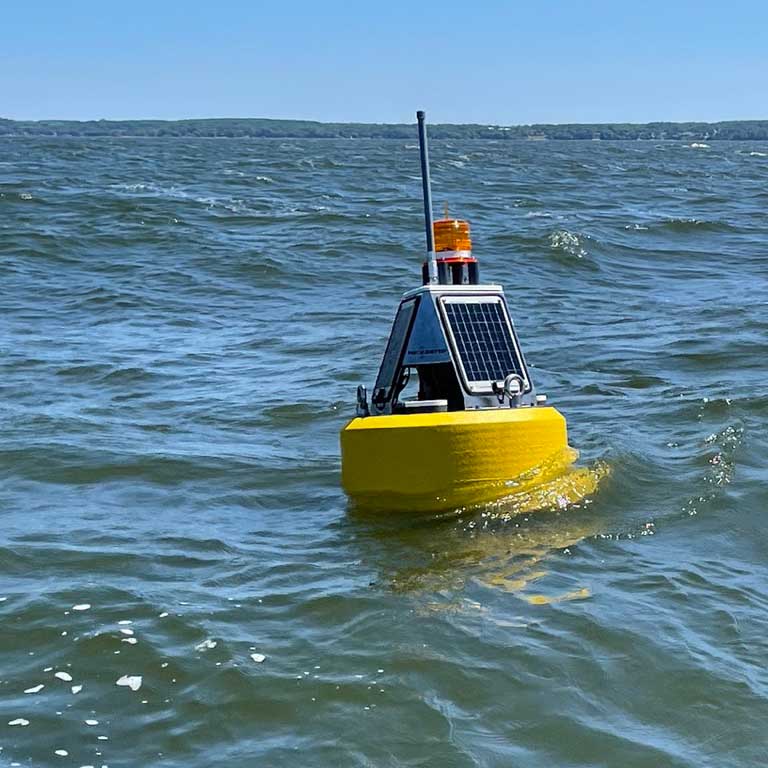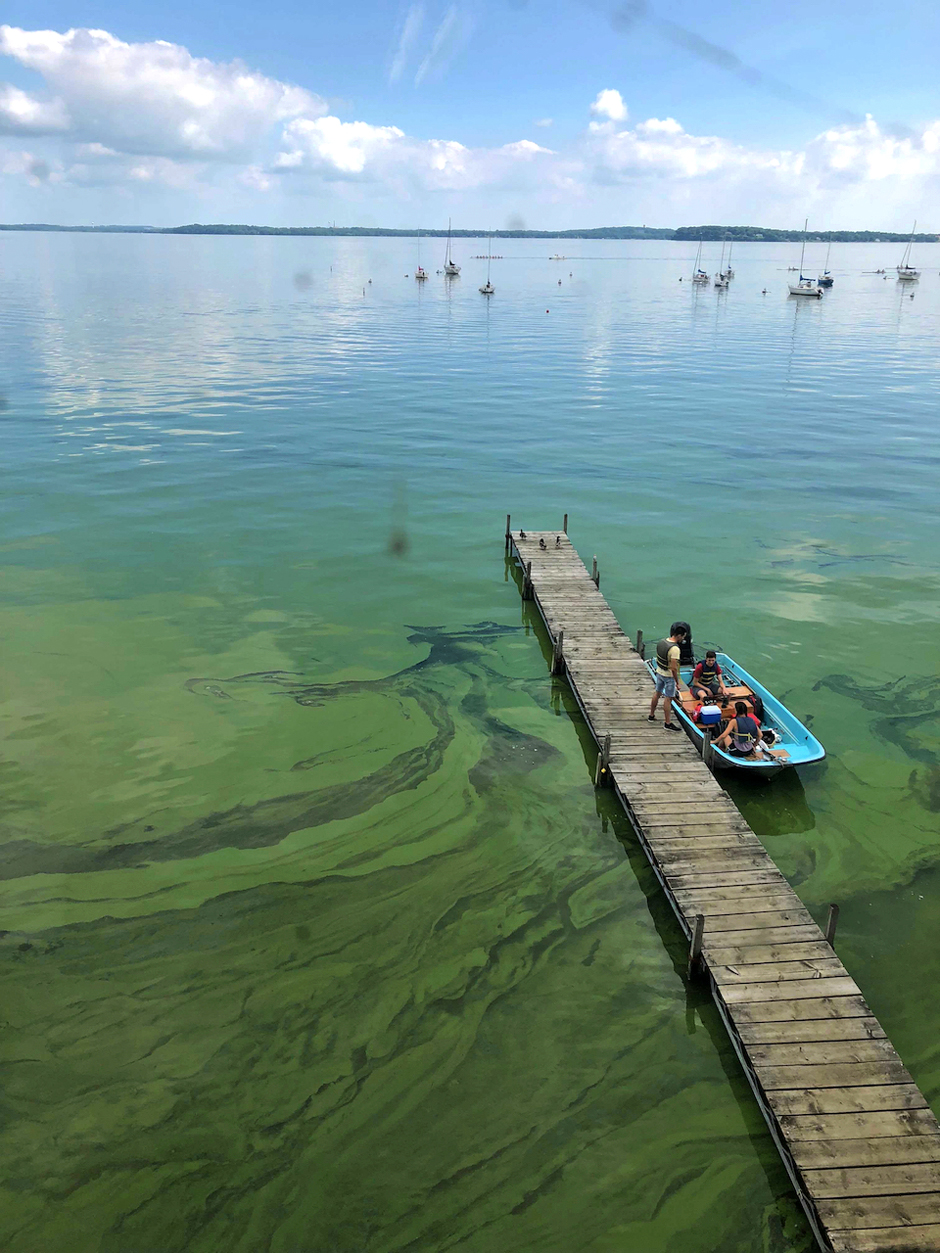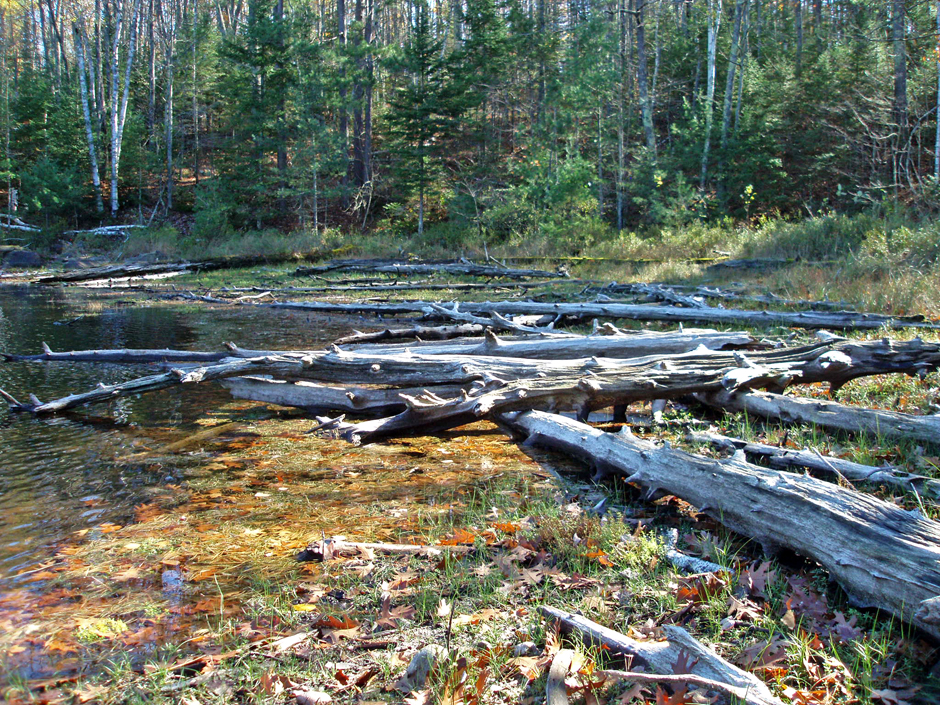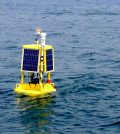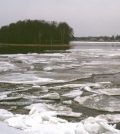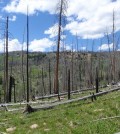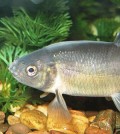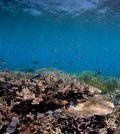Posts for tag "University of Wisconsin"
Green Water in Green Bay: Using Data Buoys to Monitor the Southern Bay
While the bay of Green Bay has been referred to as the largest freshwater “estuary” in the world, the watershed hosts intensive agriculture and contributes one-third of Lake Michigan’s total phosphorus load. The Fox River flows into...
- Posted November 11, 2024
How Green Was My Cyanobacteria: Carbon, Nitrogen, and Phosphorus Cycling in Lakes
The influence of bacteria on carbon, nitrogen, and phosphorus cycling processes in lakes and their influence on lake health is explored.
- Posted October 29, 2021
Mercury and Lake Levels Rise and Fall Together around Great Lakes
Long term monitoring of lake levels and mercury levels in walleye and loons shows relationship between water and mercury levels.
- Posted March 4, 2020
Healthy Lakes Have Real, Calculable Value for Humans
Interdisciplinary research provides an in-depth look at how humans and lakes affect each other, and how we value healthy lake ecosystems.
- Posted October 11, 2018
Weather Bikes Stand Out In Urban Studies, Advance Science Dialogue
Researchers using weather bikes tap into their potential for studying urban heat, air pollution and the effectiveness of green infrastructure.
- Posted November 3, 2016
Milwaukee: Water Quality Monitoring Buoy Informs Bacteria Forecasts
A new water quality monitoring buoy deployed near Milwaukee’s Bradford Beach is helping to forecast bacteria levels for beach managers.
- Posted October 18, 2016
New Largemouth Bass Virus Found In Wisconsin
University of Wisconsin - Madison researchers discover a new largemouth bass virus following a massive bass die-off in Pine Lake last year.
- Posted August 10, 2016
Tracking Lake Mendota Greenhouse Gas Flux
Scientists at University of Wisconsin -- Madison use an eddy covariance approach to study greenhouse gas movement around Lake Mendota.
- Posted August 8, 2016
Parks Can Reduce Urban Heat Island
Using the densest urban temperature sensor network in the world, University of Wisconsin - Madison researchers investigate effects of urban heat island.
- Posted June 21, 2016
Ancient Citizen Scientists Captured Early Signs Of Global Warming
Data taken centuries ago on two bodies of water, Finland’s Tome River and Japan’s Lake Suwa, show some of the same early signs of global warming. The data taken by Finnish merchants and Japanese Shinto priests, respectively,...
- Posted May 18, 2016
Small Tsunamis Possible On Great Lakes
Though it may seem like the Great Lakes might be too small to support tsunamis, new research led by scientists at the University of Wisconsin – Madison has found otherwise. Researchers at the school and their colleagues...
- Posted May 4, 2016
Drought Conditions Impact Post-Fire Recovery Of Rocky Mountain Trees
While many tree species are well adapted to fire, recently Rocky Mountain trees have had more difficulty recovering from fire than in the past, according to a release from the University of Wisconsin-Madison. Scientists at the university...
- Posted April 11, 2016
Scientists Improve Model Of Ocean’s Capacity As Carbon Sink
In the future, the effects of greenhouse gas emissions on the Earth will largely be determined by the capacity of the ocean to absorb carbon dioxide. Until recently, however, scientists did not have a good way of...
- Posted February 29, 2016
Wisconsin Prairies See Species Disappearing Quicker
Multiple surveys looking at the state of Wisconsin prairies over the years have revealed that the pace of change they’ve seen is picking up when compared to decades ago, according to a release from the University of...
- Posted February 24, 2016
Diabetes drug metformin causes male minnows to develop intersex characteristics, study shows
The antidiabetic drug metformin limits growth of male minnows while causing them to develop female sex organs, and could impact population sustainability.
- Posted June 17, 2015
Ecosystems in globally iconic World Heritage Sites at risk
A new study says the world’s most famous ecosystems are at risk for collapse, according to a release from University of Wisconsin-Madison. An international team of researchers warn that unless strong local management is enacted, problems like...
- Posted April 7, 2015
Hungrier insects shrink forest carbon sink under higher CO2 concentrations
A study exposing a forest to higher CO2 concentrations found insects there ate more leaves, reducing the forest’s ability to absorb carbon.
- Posted March 11, 2015


